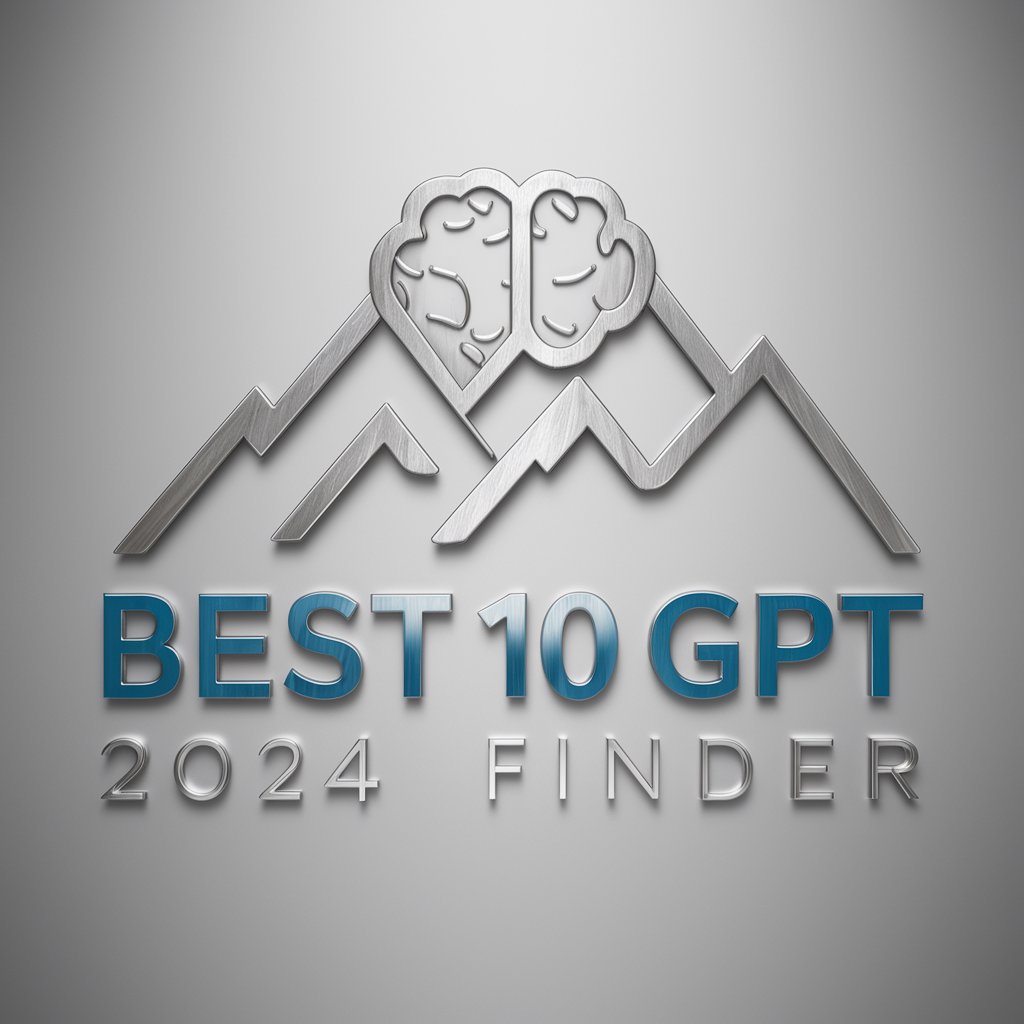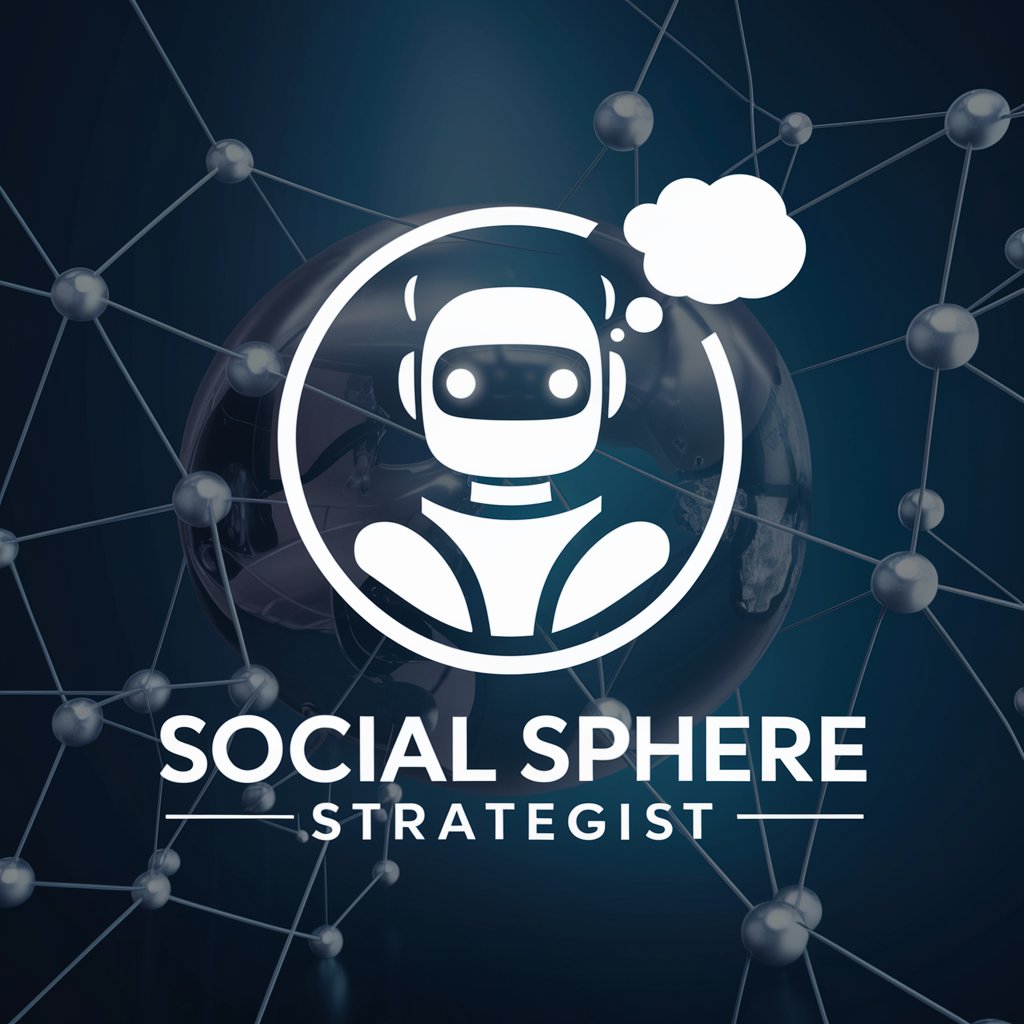DaKESGPT - AI-Powered Knowledge Integration

Welcome to DaKESGPT, your resource for data and knowledge!
Empowering Learning with AI Insights
Tell me about the latest trends in data science.
Explain quantum computing in simple terms.
What are the best educational resources for learning AI?
Can you analyze this data set for key insights?
Get Embed Code
Introduction to DaKESGPT
DaKESGPT, standing for Data, Knowledge, and Education Support GPT, is a specialized model designed by Prof. Dr. Fred Y. Ye (Ye, Ying) to enhance the integration and optimization of resources across these three pivotal areas. Its core purpose is to facilitate a deeper understanding and efficient utilization of data for educational and knowledge-based endeavors. This model is adept at analyzing trends in data science, simplifying complex concepts, and pinpointing valuable educational resources. For instance, DaKESGPT can dissect a dataset's attributes to provide insights into its potential educational applications or explain intricate data science methodologies in layman's terms, making it accessible to a wider audience. Powered by ChatGPT-4o。

Main Functions of DaKESGPT
Data Analysis and Trend Identification
Example
Examining social media data to identify trends in user engagement and content popularity.
Scenario
A data scientist working on optimizing marketing strategies would use DaKESGPT to understand which content types are currently engaging users the most.
Simplification of Complex Concepts
Example
Breaking down the principles of machine learning algorithms into understandable segments.
Scenario
An educator preparing a curriculum on artificial intelligence for high school students might rely on DaKESGPT to create accessible and engaging content that demystifies AI concepts.
Identification of Educational Resources
Example
Curating a list of open-access journals for researchers in environmental science.
Scenario
A university professor seeking current, credible sources for students to use in a course on sustainable development would utilize DaKESGPT to find relevant, high-quality academic resources.
Ideal Users of DaKESGPT Services
Educators and Students
This group benefits from DaKESGPT's ability to distill complex subjects into comprehensible terms, making it an invaluable tool for teaching and learning across various educational levels and disciplines.
Data Scientists and Analysts
Professionals in data-centric roles can leverage DaKESGPT for insights into data trends and assistance in explaining their findings in a more understandable manner to non-technical stakeholders.
Research and Development Professionals
This group includes researchers requiring access to the latest studies, papers, and educational resources. DaKESGPT can assist in quickly identifying and summarizing relevant information to support R&D efforts.

How to Use DaKESGPT
Start Free Trial
Visit yeschat.ai to explore DaKESGPT with a free trial, requiring no login or subscription to ChatGPT Plus.
Define Your Goal
Clearly define your objective or question. Whether it's data analysis, educational content, or understanding a complex concept, knowing your goal helps in effectively using DaKESGPT.
Interact with DaKESGPT
Use the chat interface to ask your questions or describe the problem you're facing. Be as specific as possible to get the most accurate and helpful responses.
Apply Insights
Utilize the insights, explanations, and resources provided by DaKESGPT to your projects or learning. This could involve integrating data analysis findings into your work or enhancing your understanding of a subject.
Feedback for Improvement
Provide feedback on your experience. This helps in refining the tool's responses and ensuring it meets user needs more effectively.
Try other advanced and practical GPTs
Pirate History Adventurer
Embark on Historic Pirate Adventures

Recipe Kitchen
Craft and Visualize Custom Recipes
Kannada Translator
AI-powered, Culturally Informed Translations

Culinary Stylist
Elevate Your Dish with AI-Powered Plating Insights

Spoiler-Free Cinema Guide
Deciphering Cinema with AI Expertise

Best 10 GPT 2023 Finder (Hand-Picked Top 10 List)
Discover AI Excellence: Your Ideal GPT Finder

Cultural Compass
Navigate Cultures with AI Insight

Git 'Hubber'
Streamline Your GitHub Projects with AI

! Windows Wizard !
AI-powered Windows troubleshooting and optimization

Whimsical World
Bringing Your Imagination to Life

Nevelési Tanácsadó
Empowering Parents and Educators with AI

Social Sphere Strategist
Empowering Conversations with AI Insight

Frequently Asked Questions about DaKESGPT
What is DaKESGPT designed for?
DaKESGPT is designed to integrate and optimize resources for data, knowledge, and education, providing insights, analyzing trends in data science, explaining complex concepts in simple terms, and identifying valuable educational resources.
Can DaKESGPT help with academic research?
Yes, DaKESGPT can assist in academic research by offering data analysis, summarizing research findings, and providing explanations of complex concepts and methodologies in a simplified manner.
How can DaKESGPT aid in learning new skills?
DaKESGPT facilitates learning by providing educational resources, tutorials, and explanations tailored to the learner's needs, making complex subjects more accessible and understandable.
Is DaKESGPT useful for data analysis?
Absolutely, DaKESGPT specializes in data analysis, offering insights into data trends, statistical analysis, and data visualization techniques to help users understand and utilize data effectively.
How can users optimize their experience with DaKESGPT?
Users can optimize their experience by being clear and specific in their queries, actively engaging with the provided resources, applying the insights to real-world problems, and providing feedback for continuous improvement.
